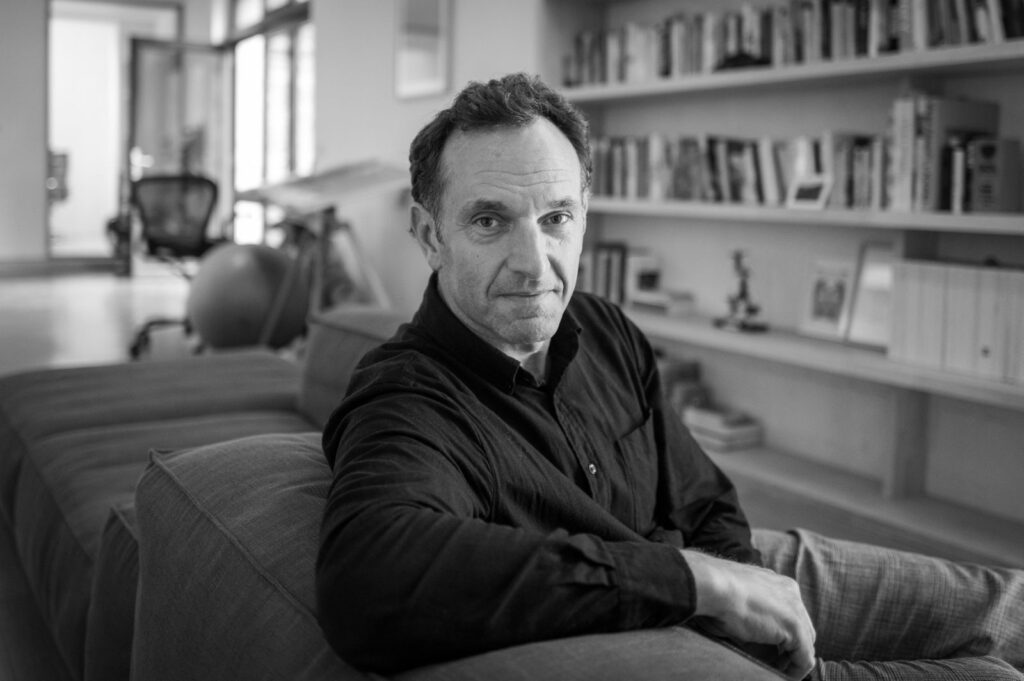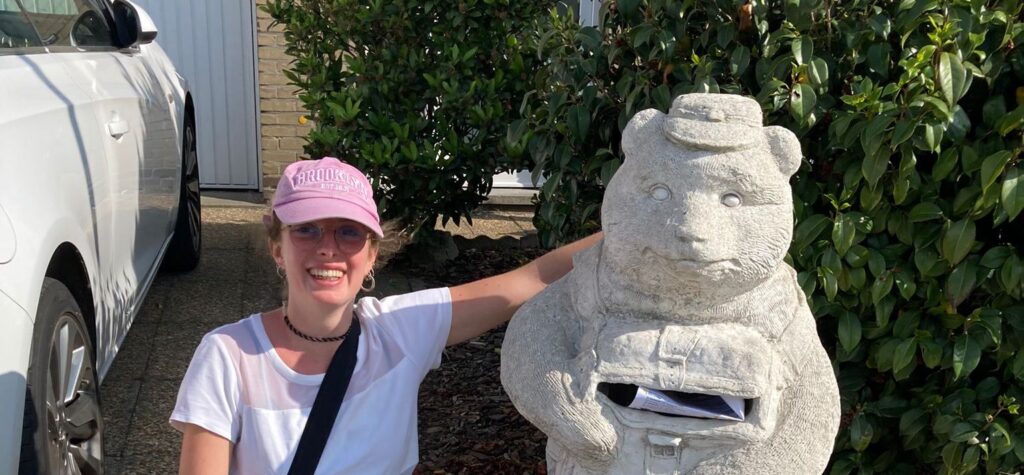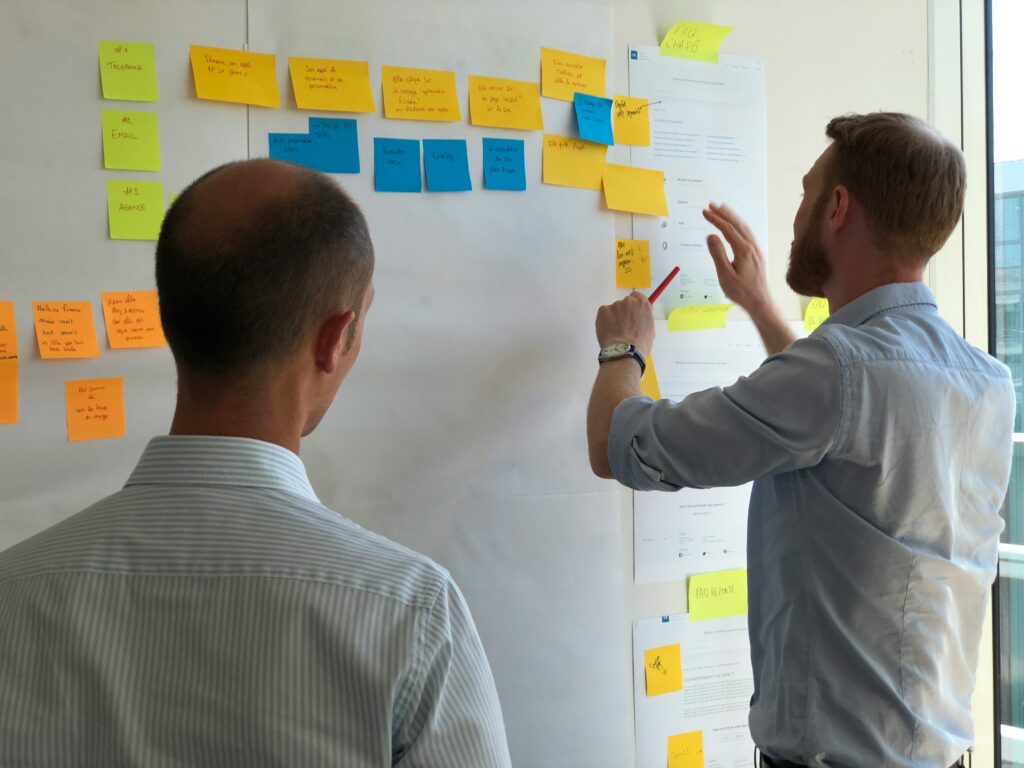In 2019, Dreamocracy was invited to design, organise, deliver and assess a two-day pilot master class for a group of 20-25 participants about framing strategies, framing design and analysis, framing practice and media training to equip organisations, movements and companies to reshape the public debate around open society values and counter populist narratives ahead of the 2019 European Parliament elections.
Feeling framed? Learn to frame!
Anti-liberal and reactionary forces throughout Europe have designed a plan aimed at expanding their influence and threatening the traditional coalition between the EPP and the S&D in the European Parliament. All over Europe demagogues are uniting, not against Europe, but in support of “Another Europe”, a non-liberal one, tapping into people’s dissatisfaction with the EU, mainstream parties and the ‘establishment’.
Yet, the eurosceptic wave does not mean Europeans dislike Europe. A survey carried out by Kantar Public for the European Parliament found that support for the EU is “the highest score ever measured since 1983”. 67% believe their country has benefited from EU membership and 60% say being part of the bloc remains a good thing. The UK’s difficulties with Brexit have culled the appetite in other countries for dismantling the EU acquis. Also, citizens believe their voice is not heard, in particular at European level. They are increasingly open to new movements and parties, including of a eurosceptic nature. Only 38% consider populist parties as a threat to democracy. They also believe they are better at finding solutions than traditional/existing ones (63% amongst those aged 24 and under).
To date, the demagogues have successfully seized the political agenda and defined the terms of the debate. The political movements and parties feeding the resentment have built on people’s doubts and fears on the very issues which the EU and its Member States struggle with. Advocates of tolerant societies and pro-open society activists are losing ground and are on the defensive when it comes to immigration, security, (youth) unemployment, development aid, reform of the Eurozone, or the future of Europe itself. In turn, anti-liberal forces are currently shaping public discourse on the future of democracies in Europe. Some of them are already threatening the rule of law in a number of European countries.
It is possible to tap into people’s mixed feelings for a more constructive conversation ahead of the next European elections, provided we help reshape the conversation around the right values. For this, the Consultant shall organise a series of strategy building workshops designed to strengthen narratives and programmes, as well as improve key player’s campaigning skills.
Having refined the list of countries, parties and targets OSEPI aims for, the Consultant would send out an Expression of Interest to the right people and select the participants on the basis of the criteria outlined below (to be refined later in consultation with OSEPI). The Consultant shall also share a questionnaire with the potential participants to prepare the appropriate content for the Master Class.
Services provided
- Designing and facilitating collaborative workshops and processes
- Critical analysis of framing
- Creative narrative change
- Narrative-based community organising
In this two-day Master Class, the trainers focused on:
- Teaching the underlying patterns of framing strategies, using simple and powerful models;
- Showing many recent examples of framing games, by analysing videos of politicians playing the ‘game’ of (re)framing, covering a variety of policy areas;
- Ask participants to design, evaluate and analyse frames, in a way that will spark their creativity;
- Give the possibility to share videos with examples of frames from public debates of the different participants’ country;
- Record participants’ performance, rehearse, provide exercises and media training.
Results
The aim was to have a snowball effect, i.e. participants were put in a position to subsequently train members of their own communities: political parties and movements, civil society organisations, etc. and to themselves shape the agenda.




